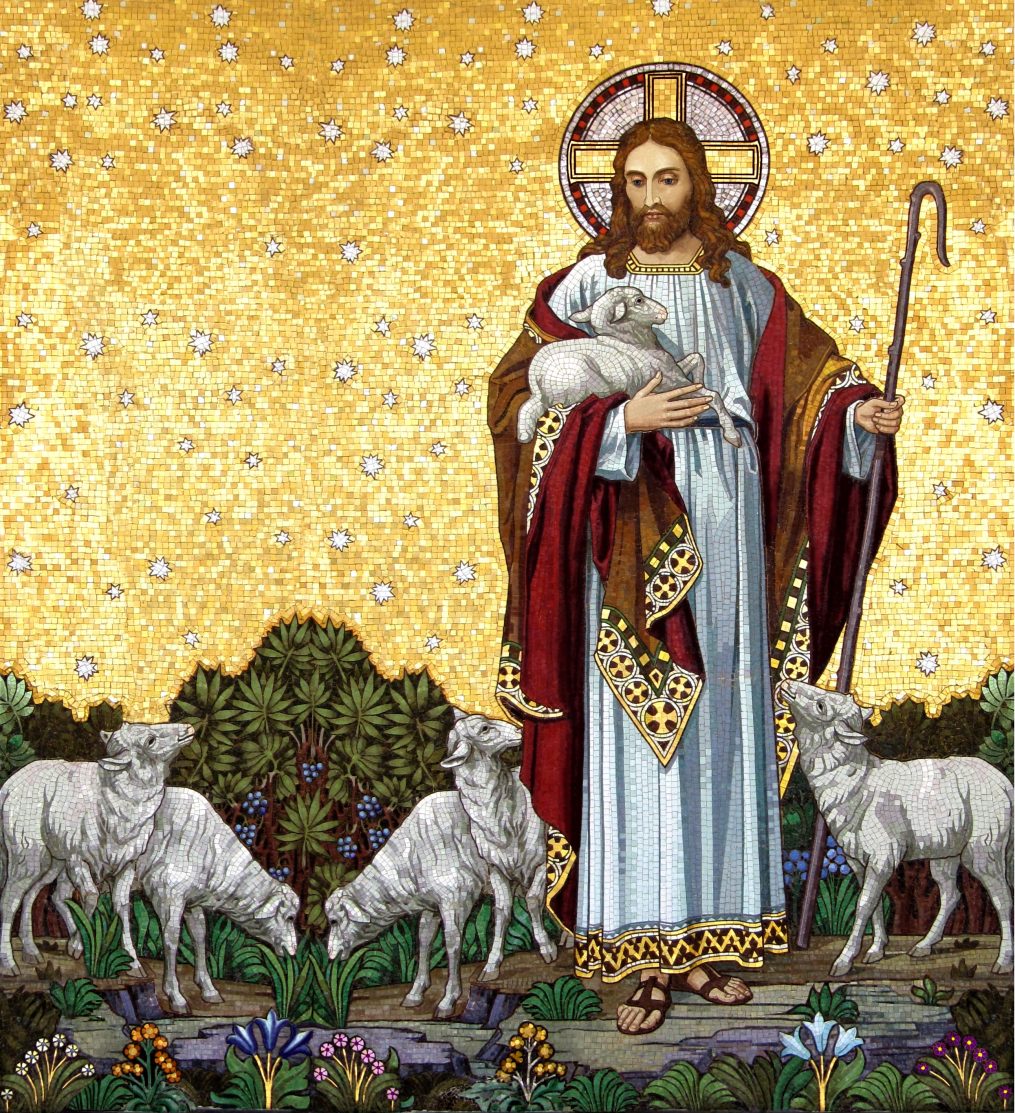Liturgical Colour : White
Dear brothers and sisters in Christ, on this day we heard the message of the Sacred Scriptures speaking to us about the establishment of the Holy Tent of Meeting, as prescribed by the Law of God and instructed by God Himself. The Holy Tent of Meeting was the precursor of the Temple of God, which was the centre of the entire community of the faithful, where the Altar of God was placed at, and where the whole community revolved around.
The Lord was with His people at all times, gathering them all together, guiding them along the entire journey in the form of the great pillar of cloud at daytime and as a great pillar of fire at night. He was the focal point of the entire journey, and Moses acted as the mediator between God and His people, as he went into the Tent of Meeting to speak with God and to deliver His will and revelations to the people of Israel.
This Holy Tent of Meeting and the community of the people of Israel, if we also then recall what we have heard in our Gospel passage today, on the parable of the kingdom of God represented as a great fishing net gathering many fishes of various kinds, are in fact representations and prefigurements of how our Church today looks like. For the Church of God is just like Israel of old, the community of the entire faithful people of God.
Just as the entire community of Israel was gathered around the Holy Tent and were included within the boundary of the entire camp, thus the whole Church of God is centred and focused on the Holy Presence of God in Jesus Christ, Our Lord, Who is truly present in our midst in His own Most Precious Body and Blood in the Holy Eucharist, as the tangible focus of our whole lives, the very centre of our Christian faith.
There is also parallel to what happened in the old times of Israel and our Church today, as while in those days, people who were deemed to be unclean were cast out of the camp into the wilderness until they were able to prove themselves to be clean before they were allowed to join the camp once again, in the Church, we also have what is called excommunication, when this most severe of penalties is reserved for those who have acted in a most unfaithful way, with the intention of helping the person to reflect on his or her errors and repent from his or her sins.
The significance of what we have heard in today’s readings cannot be understated, as the Gospel parable also reminds us that those who are wicked and unjust, unfaithful and evil shall have no part in God’s kingdom and inheritance. They will be rejected and cast out forever just as they have willingly and consciously rejected God and refused to follow His laws and commandments.
Do we want to be included or counted among those who will be condemned to eternal damnation? Or do we rather stay on the Lord’s good side? The choice is completely in our hands, and indeed we have been given many opportunities to make our conscious choice. God has given us the free will to choose between good and evil, between obedience to God and disobedience against Him, between righteousness and wickedness.
Today, all of us celebrate together the feast of the Founder of the Redemptorist religious order, or the Congregation of the Most Holy Redeemer. St. Alphonsus Liguori is a great figure filled with faith, sincerity and devotion to God, who can be a great example to each and every one of us in how we ought to live out our lives with faith, and not just any faith, but a living and genuine faith in God.
St. Alphonsus Liguori was once a great lawyer, but after having spent quite a few years in that profession, he found his true calling in serving God and chose to abandon his former life and embraced the call to priesthood and service. And as a priest, he reached out to the poor and the marginalised in the society, gathering all of them and managed to gain many people to return to the faith.
St. Alphonsus Liguori, his dedication and hardwork, his dedication to the Lord and to the people, his efforts to bring the lost souls and sheep of the Lord are things that can inspire us all to live ever more faithfully as true Christians from now on. Are we able to follow in his footsteps in being good examples of faith for one another? All of us have been given the same mission from the Lord, that is to gather His people, our fellow brethren, in the Church that He has established in this world.
Let us all together as one people, one community of the faithful people of God, one Church, serve the Lord with all of our hearts and believe in Him wholeheartedly from now on. May the Lord bless us all and may He continue to guide us all throughout this journey of life. May St. Alphonsus Liguori also intercede for us all sinners. Amen.
